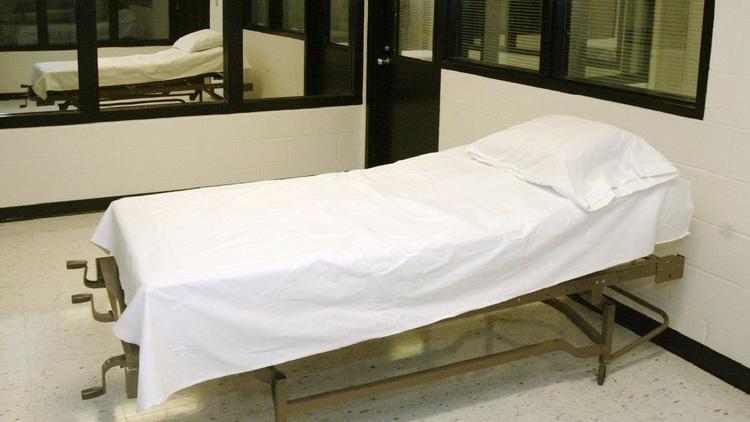Published on Monday, July 29, 2013 by Common Dreams
Revelation comes as strikes pass day 20 and authorities escalate retaliation, refuse to negotiate
A California prisoner in solitary confinement—who supporters say was participating in a state-wide prisoner hunger strike—passed away last Monday.
The tragic death—revealed publicly by the Prisoner Hunger Strike Solidarity coalition Sunday—is the first widely reported since the strike began July 8 as prisoners continue their hunger strike for an end to solitary confinement and other forms of abuse and torture.
Billy Sell, known to his friends as "Guero," had been participating in the hunger strike, according to his fellow prisoners, and had requested medical attention in the days prior to his death.
Yet, prison officials are denying that Sell's death is related to the strike, publicly alleging it was a suicide.
Sell's friends and supporters are outraged at this claim, saying suicide was "completely out of character for him."
“This story is deeply troubling and contradicts the assurances that the hunger-striking prisoners are receiving appropriate medical care,” says Ron Ahnen, of California Prison Focus and the mediation team representing striking prisoners.
Mediators are making an official inquiry into the cause of Sell's death to the federal body that oversees California prisons.
Meanwhile, prisoners face retaliation for participating in the hunger strikes, including undergoing further isolation, having their cells filled with freezing air, and facing destructive cell searches and denial of media and communications access.
California Governor Jerry Brown has remained completely silent as the hunger strikes have swept California prisons.
Launched July 8 in Pelican Bay State Prison, this is the third major prisoner hunger strike in the state since 2011. In addition to demanding an end to solitary confinement, prisoners are calling for a halt to collective punishments, harsh crackdowns under the auspices of 'stopping gang activities,' and access to education, healthcare, and healthy food.
While CDCR consistently under-counts the number of strikers, supporters say prisoners across California continue to put their bodies on the line to transform their inhumane conditions.
Sell's friends, who describe him as "strong, a good person," say his death could have been prevented if the California Department of Corrections had been willing to negotiate with the prisoners.
_____________________


